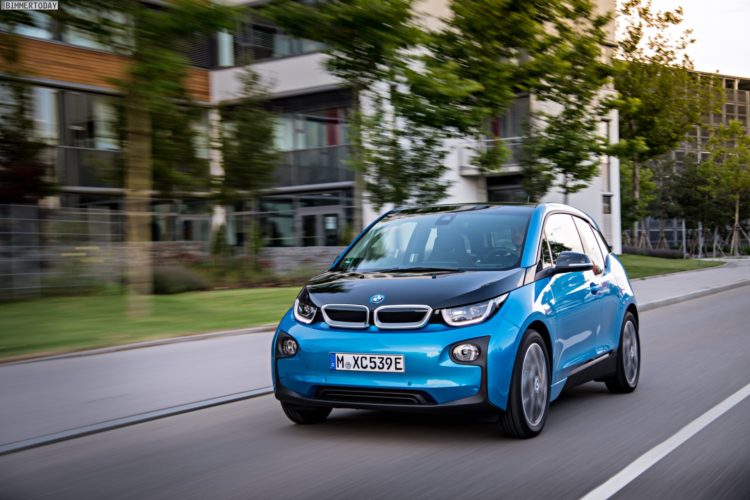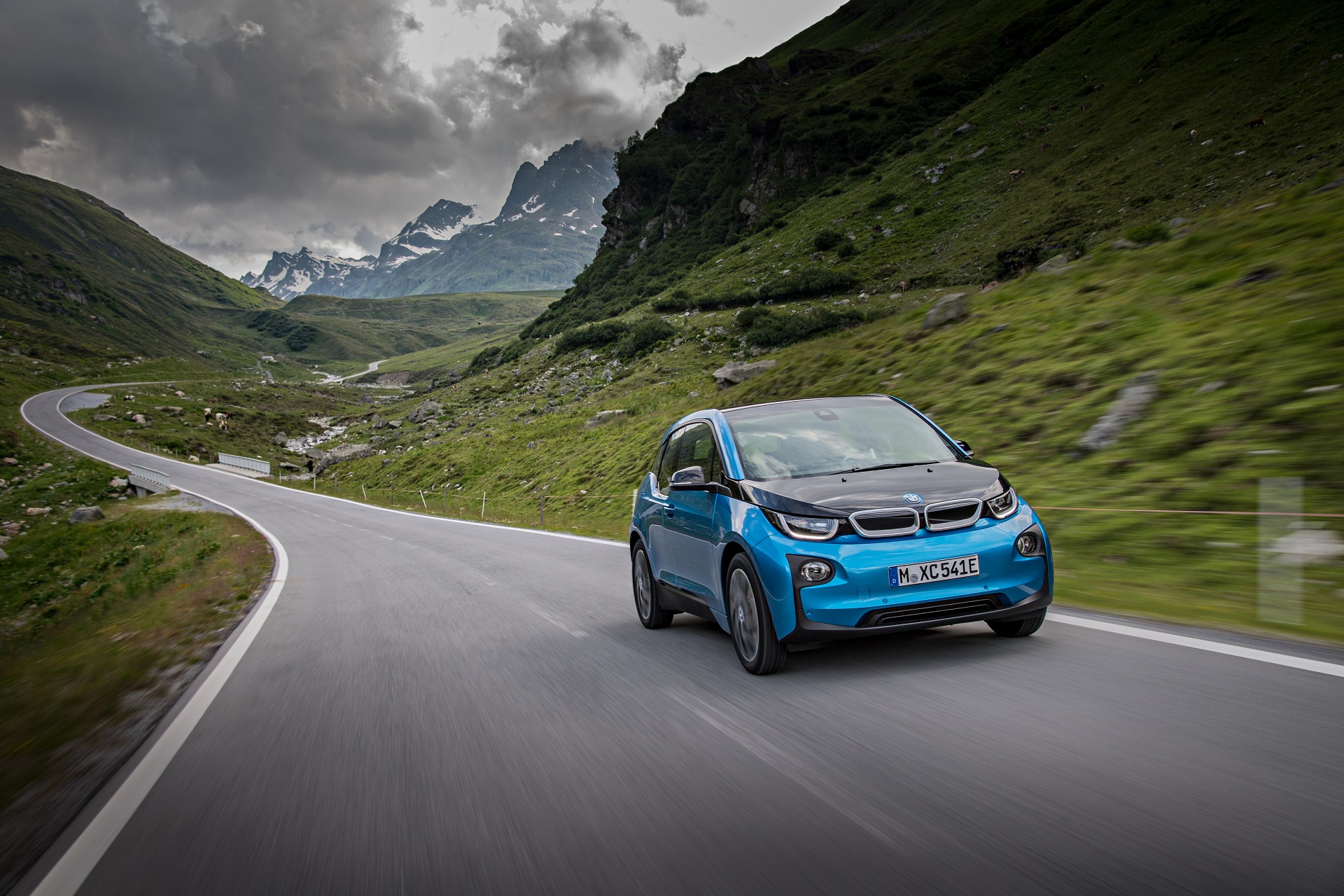At the moment, BMW is heavily scrutinized for not having an electric car with a pure battery range of anywhere near some of its competitors. The newly refreshed BMW i3 has a range of 114 miles, thanks to its newer, higher-density battery. However, the Tesla Model S 60, the brand’s cheapest car, has a far further electric range of 218 miles. That’s over 100 miles more. Admittedly, that Model S 60 costs over $70,000, compared to the BMW i3’s $43,000. Still, it can’t do 200 miles. BMW plans on turning this around soon, though.
According to BMW CEO Harald Krüger, “Soon, range will no longer be a differentiating factor”. Which he recently said at a shareholder meeting. “We are already concentrating on achieving an optimum balance between all relevant features: safety, range, and duration and life of the battery,”
While it may seem like BMW is taking its sweet time, the company is actually working on this in-house. BMW feels that if it can develop its own battery technology, it will be more cost-effective in the future. According to Krüger, BMW is “keeping expertise in electric drivetrains, power electronics and battery cells within the company.”

However, BMW still feels that it should keep its options open with hydrogen fuel-cells as well. Fuel-cell vehicles could be used in larger applications, such as SUVs, and for longer distances. This causes some division among enthusiasts, but BMW feels it should hedge its bets with both technologies.
The Bavarian brand has a rather ambitious plan of selling 100,000 electrified vehicles (both pure EVs and plug-in hybrids) by the end of this year. However, with the addition of the BMW 530e and 740e iPerformance vehicles, it’s certainly possible. There’s also a BMW i5 in the works, something to slot between the i3 and i8. BMW also wants to launch and electric MINI and fully-electric BMW X3 by 2020. By 2021, BMW plans on having even advanced electric and autonomous technology as well.
[Source: Green Car Reports]





































































